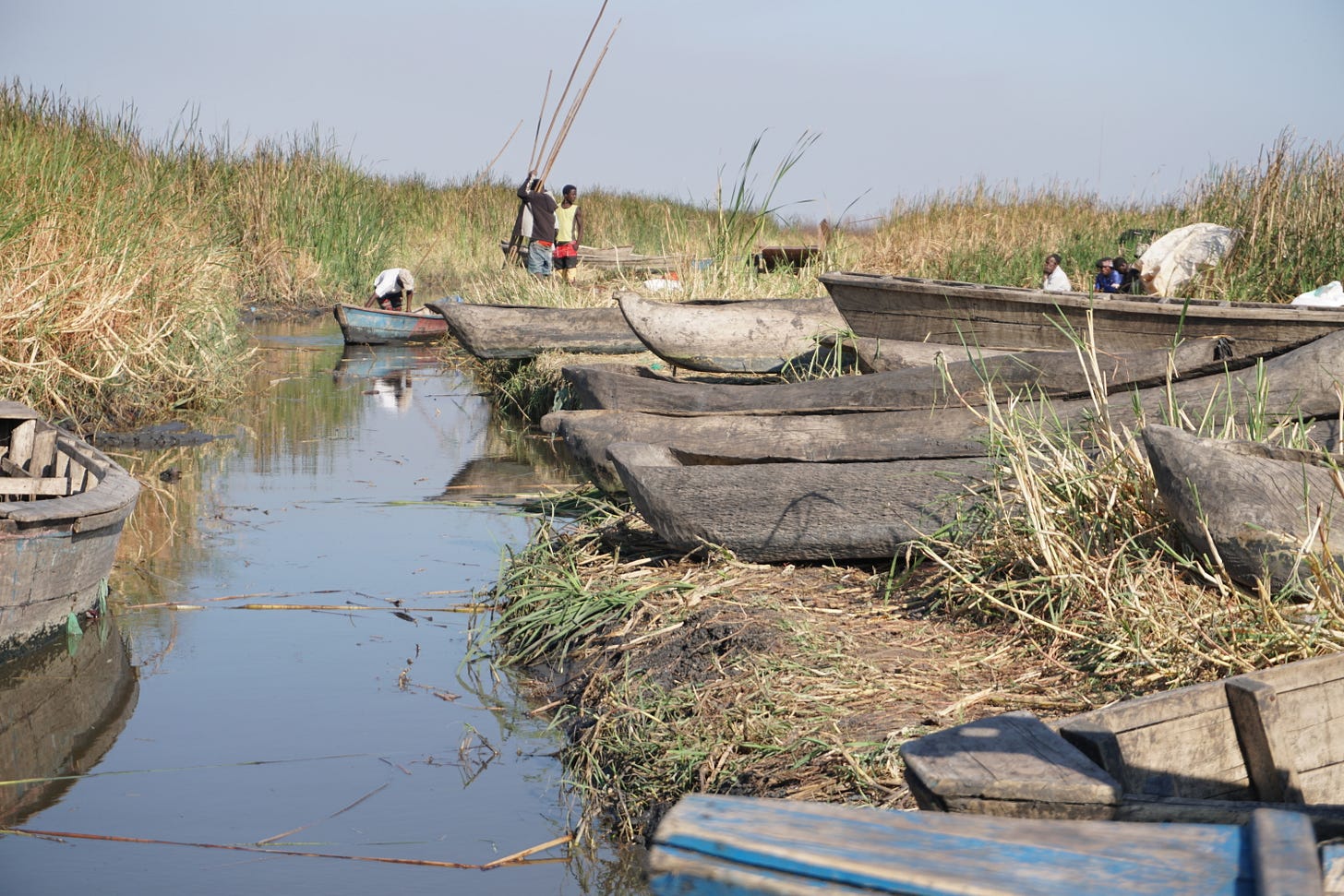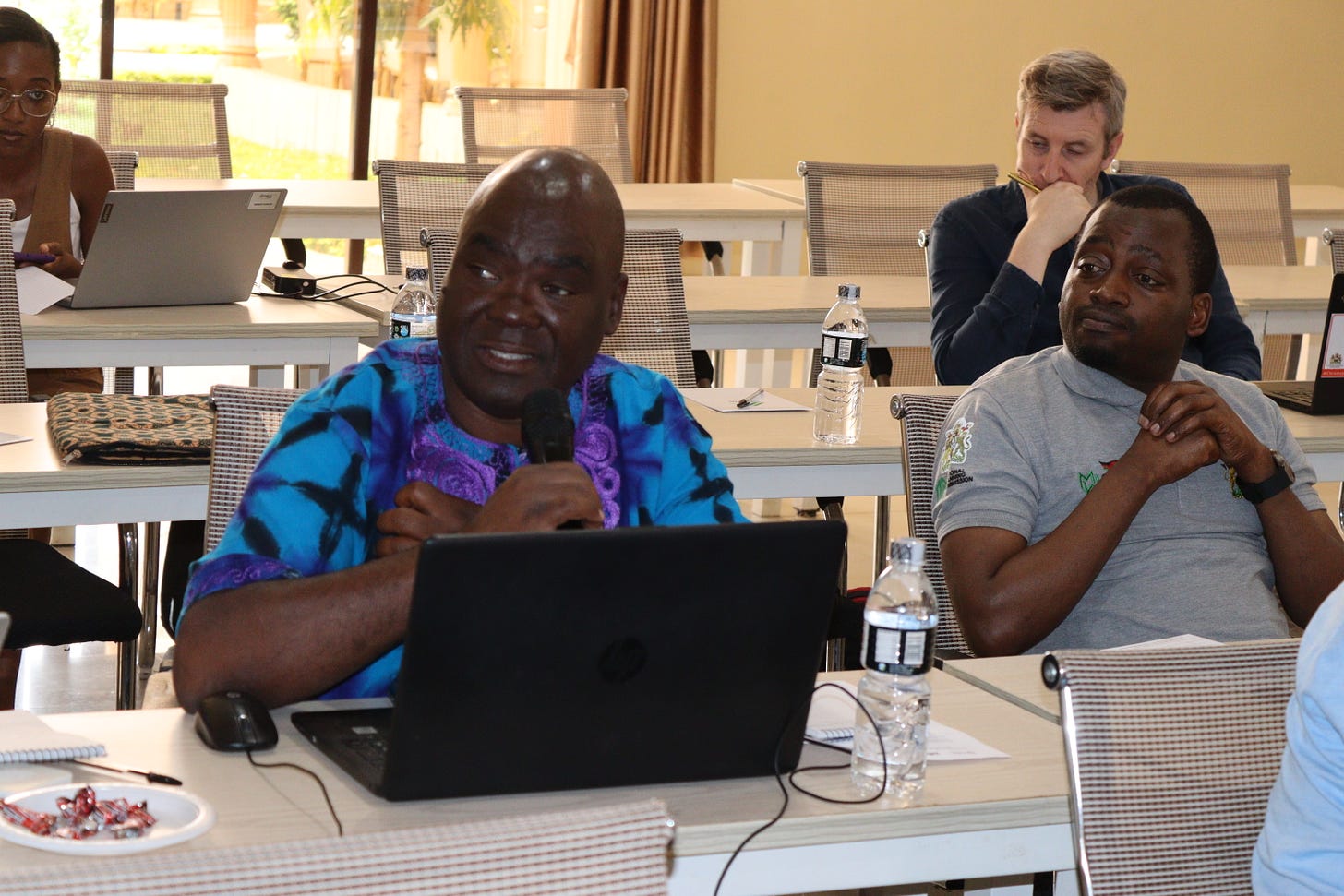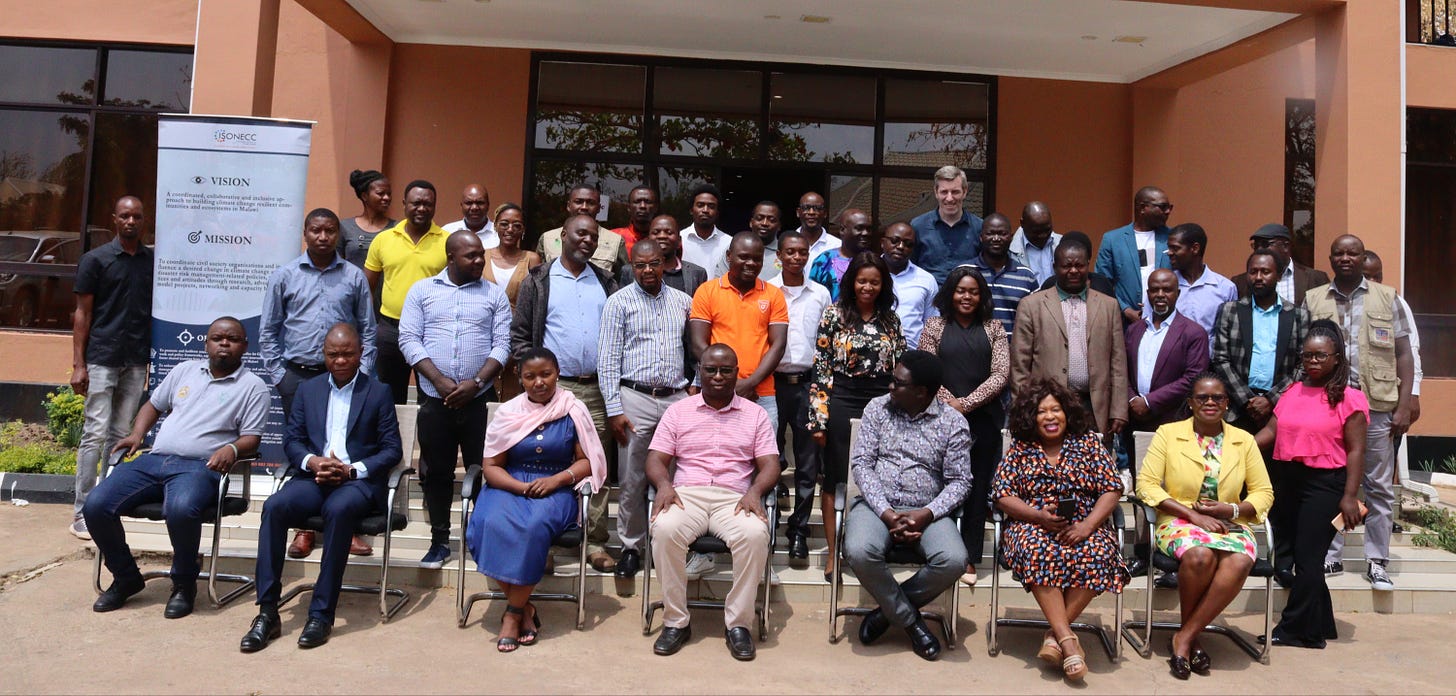LAKE CHILWA BIODIVERSITY - Growing human population mounts pressure on basin resources
A study commissioned by the think-tank CISONECC on the nexus between biodiversity and development in Lake Chilwa basin reveals human population growth is mounting pressure on basin resources

MPONELA, Malawi (Planet Defence) – The Civil Society Network on Climate Change (CISONECC) Thursday convened a national biodiversity stakeholders dialogue zeroing in on the community – led planning and management for biodiversity protection and resilient communities in the catchment area of Lake Chilwa that ends January, 2027.
The platform also aimed at enhancing collaboration among all actors in biodiversity conservation and to validate findings of the assessment and documentation on the nexus between biodiversity conservation and development in the basin area.
In her presentation Lisa Banda, CISONECC Programme Officer responsible for Lake Chirwa programme underscored the importance of ecosystem diversity, food security and livelihoods while highlighting the basin produces an estimated 24,000 metric tonnes of fish harvested and also half of total rice being produced in Malawi annually.
“The objective of this project is to ensure rural communities living in poverty around Lake Chilwa basin are more environmentally and economically sustainable and resilient due to a rehabilitated, sustainably managed and protected Lake Chilwa Basin. There are however key issues that now threatens Lake Chilwa through ecosystem degradation which in turn will likely affect the growing human population in the process,” explained Lisa Banda to the participants.
A summary of results on status and trend of development at Lake Chilwa unveiled demographic changes – on population size and density. The results point to the fact that demographically, the human population has increased from approximately 1.4 million to 2 million, according to National Statistical Office 2008 - 2018 figures.

This has led to increase fishers who are extracting aquatic resources enormously. Additionally, there is the resultant increase in agricultural production meaning reduced arable land for conservation couple with infrastructure development both from public and private players.
Key recommendations from the documentation commissioned by CISONECC was addressing the tradeoffs between biodiversity loss and the development. It was also suggested that solving this challenge, will require an integrated approach that addresses root causes of inherent poverty particularly by inculcating mindset change towards self-reliance and quest for alternative and sustainable livelihoods.
In a panel discussion that brought diverse players from the sector of biodiversity, Dr. Daniel Sikawa from Lilongwe University of Agriculture and Natural Resources told participants that a survey in central Malawi showed most areas covered by natural vegetation were largely degraded, with only graveyards standing as silo forests from aerial surveys.
In his remarks Chifundo Dalireni, Policy Programme Lead at Wildlife and Environmental Society of Malawi, Lilongwe branch noted the lapses that exist in biodiversity conservation to ensure long term sustainability border a lot on finance to propel operations.
“This is in shape contrast to the sector like climate change which gets lots of publicity and support. Yet, it is biodiversity that has the potential to address climate change impacts globally,” Dalireni lamented in his remarks.

To ensure sustained biodiversity finance, he suggested building partnerships with the private sector that are deriving ecosystem benefits a point agreed by Sikawa.
From the youth representation Dominic Nyasulu, National Coordinator of National Youth Network on Climate Change highlighted the mismatch in terms of governance. Nyasulu cited the need for more collaboration among the various players in the sector.
“If governance is not addressing these challenges in biodiversity, then it is better not having those policies to exist,” Nyasulu made the remarks.
In his remarks Micheal Makonombera, Malawi Environment Protection Agency Deputy Director General said it is time Malawians need to get angry at the sight of biodiversity loss in the country.
He added because of biodiversity loss the country was now at the receiving end of climate uncertainties.
He thanked all players taking a role to restore biodiversity adding this job cannot be of government alone.
CISONECC, Churches Action in Relief and Development (CARD), Trocaire and World Agroforestry Centre (ICRAF) withfinancial support from Jersey Overseas Aid (JOA), Scottish Catholic International Aid Fund (SCIAF) and Trōcaire are implementing the Community – led Planning and Management for Biodiversity Protection and Resilient Communities in the Catchment Area of Lake Chilwa in the three Lake Chilwa basin districts of Zomba, Phalombe and Machinga.
#planetdefence




The human population pressure on Lake Chilwa is real. The solution partly lies in graduating a greater proportion of the people from subsistence livelihood strategies otherwise we are going nowhere